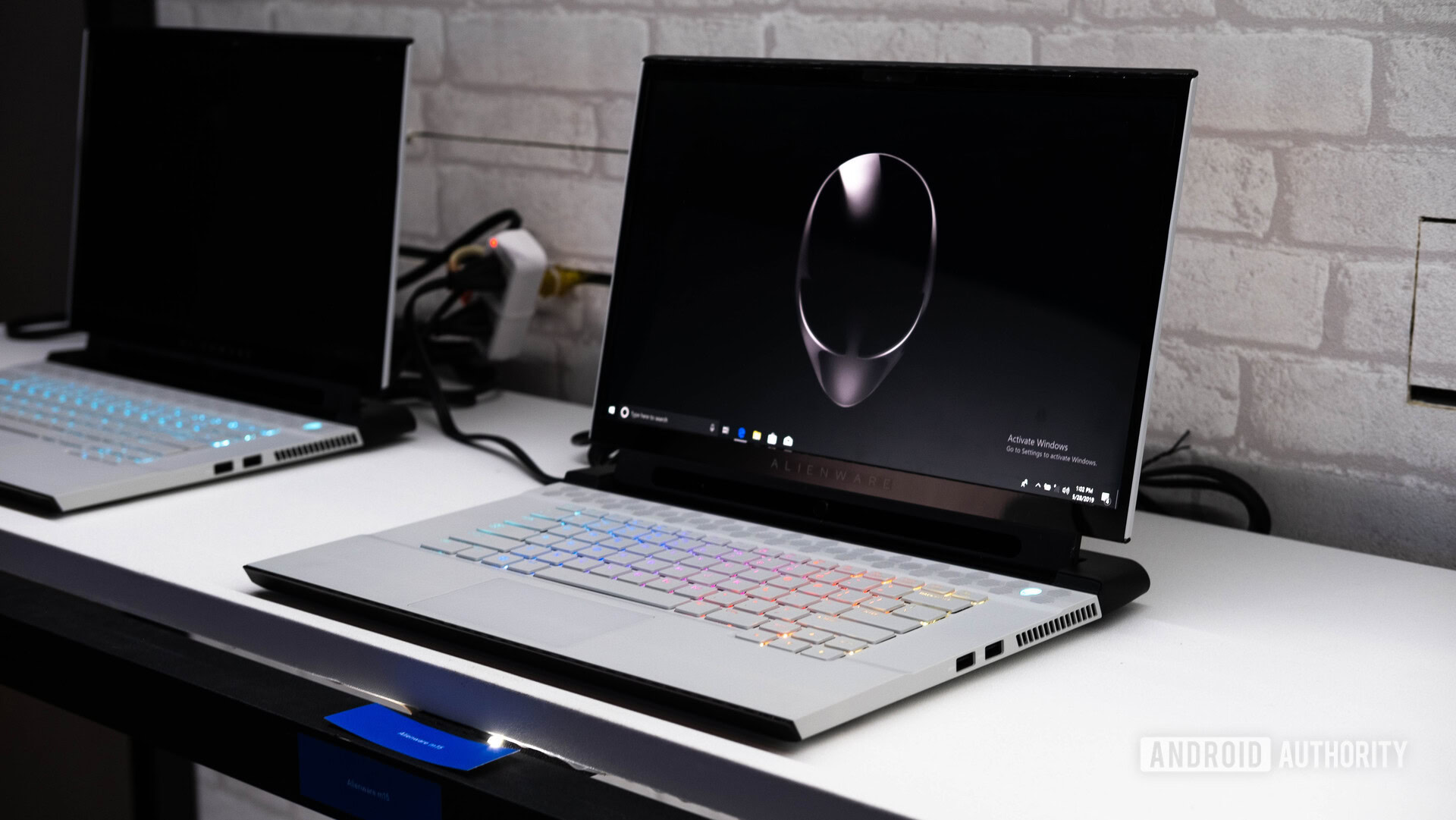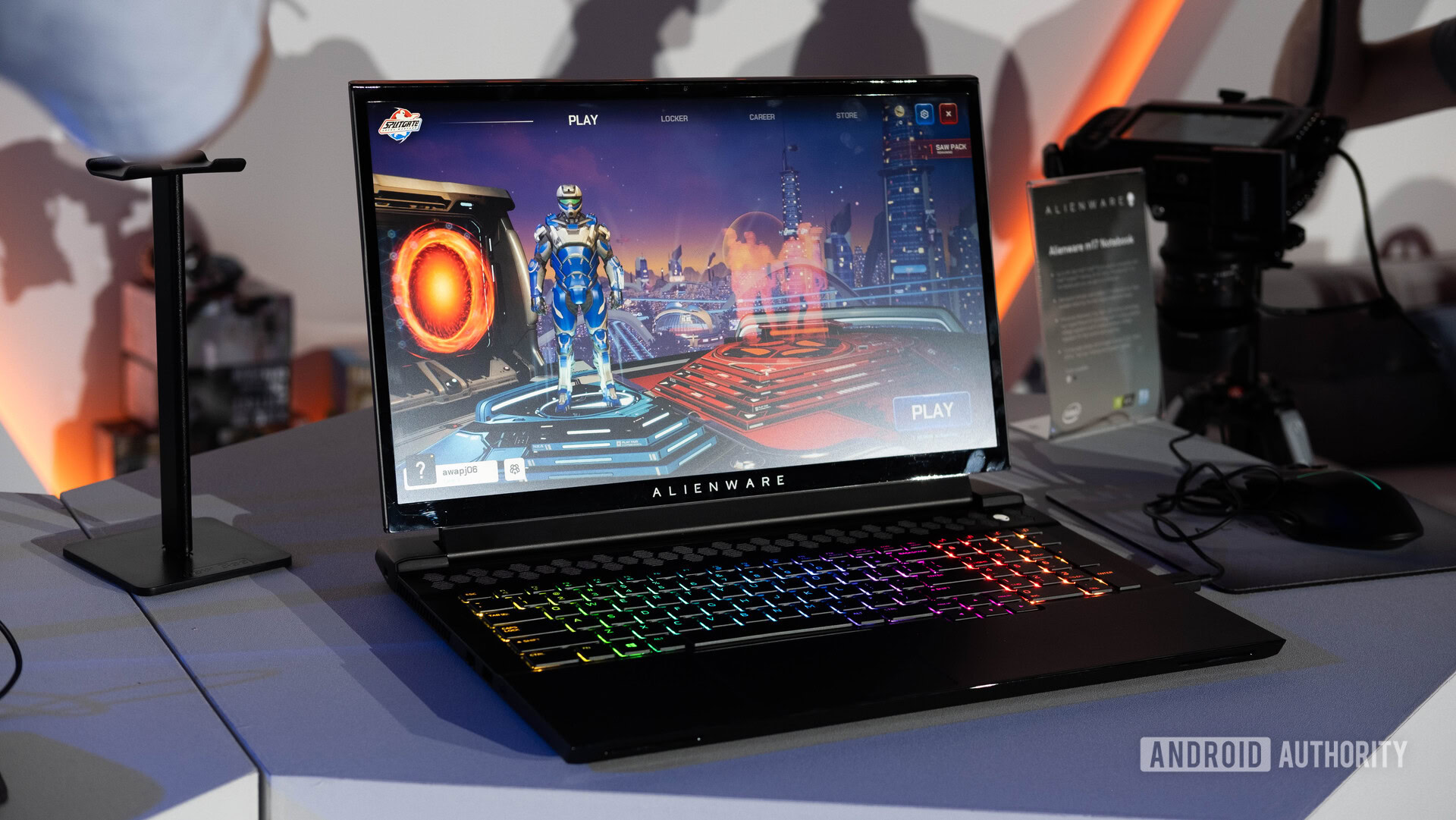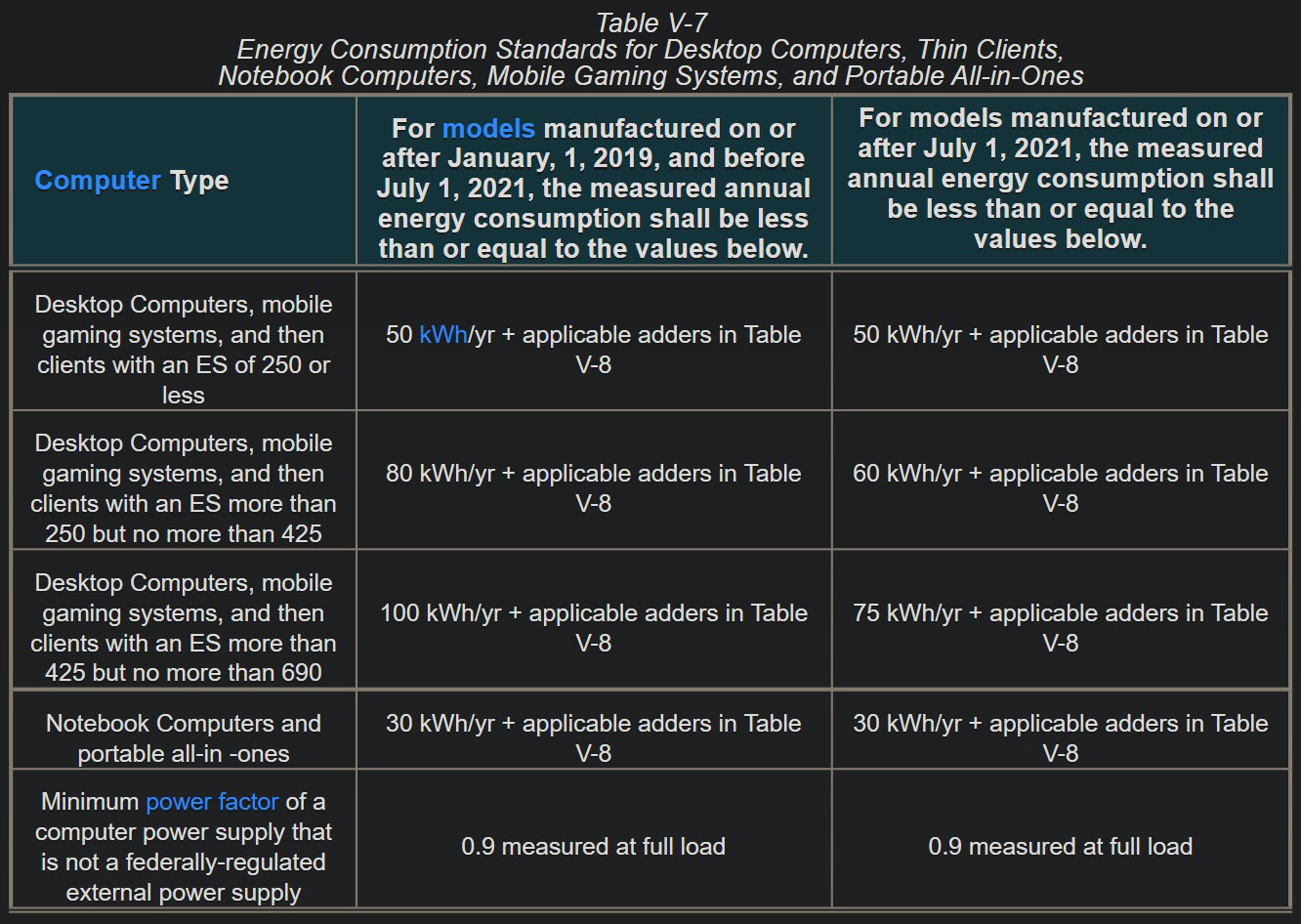Affiliate links on Android Authority may earn us a commission. Learn more.
Dell gaming PC 'ban' explained: Why some Dell PCs are unavailable right now

Dell is one of the biggest PC makers in the world, with a ton of varied offerings. However, for folks living in six US states, some of Dell’s offerings were unavailable for a while. Local governments of the US states of California, Colorado, Hawaii, Oregon, Vermont, and Washington have regulations that restricted Dell from selling some of its higher-end gaming computers.
While this may come as a surprise to many, it’s actually been a long time coming. This situation, wrongly blown up as the “gaming PC ban” seems to have been more about the company ignoring regulations rather than an unfair imposition from the state government. Let’s break down why this ban happened, and what it may mean for the PC market.
Why are certain Dell PCs “banned”?

The news broke in August 2021 when a new notice started appearing on the Dell website. Limited to a few high-end gaming desktops from the company from the Alienware Aurora R10, and R12 series, the message read as follows:
“This product cannot be shipped to the states of California, Colorado, Hawaii, Oregon, Vermont, or Washington due to power consumption regulations adopted by those states. Any orders placed that are bound for those states will be canceled.”
Writer Marie Oakes tweeted about this message first. Following this, The Register managed to get a statement from Dell, wherein the company confirmed that the sale restrictions were due to the California Energy Commission (CEC) Tier 2 implementation that went into effect on July 1, 2021.
Basically, these gaming PCs do not match the power efficiency figures as required by the regulations set by these state governments. As such, Dell is not shipping them to these states anymore.
Is this a gaming PC ban?
On first look at the Dell PC configurations that show this message, there’s no discernible pattern. However, that’s far from being the case. The Title 20 Appliance Efficiency Regulations implemented by California have detailed formulae for every grade of computers, as well as every component listed under “adders”. The key factor here is that these consumption figures are limited to non-active usage modes. It’s about the power that a computer consumes when idle or in sleep mode, rather than while active.

Basically, a computer system and its components need to meet the requirements set here. If the total energy consumption while idle exceeds these limits, it cannot be sold in the state where these regulations apply. That has been the case with certain Dell gaming computers.
The news has mostly been calling this a “gaming PC ban”, which it isn’t. The regulations started coming together in 2016 for nearly all electronic appliances, with California leading the charge on implementation. While there have been revisions, and there will continue to be more and stricter revisions, this is by no means a blanket ban on gaming PCs.
It’s barely a ban at all. The regulation does not selectively target gaming PCs (or even just PCs). Additionally, manufacturers have ample time to comply with the regulations.
Not to forget that given many of the fully specced-out systems from Dell itself seem to meet the new power consumption regulations. It’s not like a powerful PC will automatically become unavailable in these states. All things considered, it’s clear that the government isn’t after your gaming PC after all.
What do these power consumption regulations mean for the PC market?

To the average consumer, the difference is likely to be unnoticeable. Many PCs already meet these regulations, and this hasn’t translated to reports of any negative impact to the end-user. Despite the general issue of energy consumption surrounding gaming PC components used for cryptocurrency mining, the regulations aren’t really severe, and they’re unlikely to be in the future as well.
For now, the regulations exist in the states of California, Colorado, Hawaii, Oregon, Vermont, and Washington. California has been at the forefront of adopting these regulations, and given the energy-saving potential, it’s likely that more of the US will follow.
The adoption for PC makers should not be too hard, though. For now, Dell seems to be the only one to stop PC shipments citing the regulations as a reason. We expect PC makers to bring their offerings up to spec soon, though, at least for the affected states.
These regulations won’t affect the process of building your own PC for now, either. While there are chances these regulations could expand to apply to PC components in the future, it’s unlikely to cause a dent in the market. The component manufacturers will need to catch up with the standards is all.
So rest assured your gaming PC purchase shouldn’t be too affected anytime soon. You could be saving a few bucks on your power bill, though!
Want to read more about PC components and related topics? Check out these articles next: